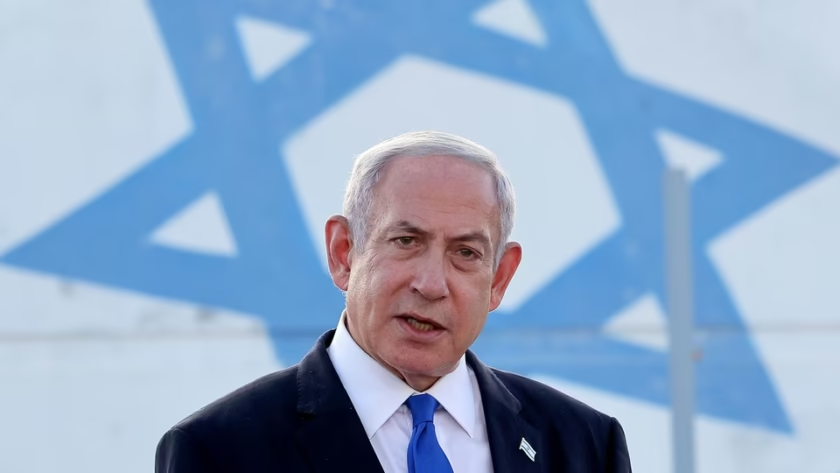Belem, Brazil : Indigenous activists defending the Amazon rainforest have justified their storming of the COP30 venue in Belem, saying the move reflected their growing desperation over government inaction on protecting their ancestral lands. The incident occurred Tuesday when protesters clashed with security outside the climate summit, where delegates from nearly 200 nations are discussing measures to curb global warming.
“It was an attempt to draw the attention of the government and the United Nations,” said Auricelia, an activist from the Arapiun community in Pará, the Amazonian state hosting the summit. “We need them to hear us before it’s too late.”
Inside the former airport complex that serves as the COP30 site, negotiations carried on despite tensions. Delegates debated key topics, including climate finance — how to fund the global shift toward clean energy and bolster developing nations against worsening climate disasters.
A COP-commissioned study by independent researchers noted that achieving the $1.3 trillion annual climate finance goal by 2035 — a target set during COP29 — remains “entirely possible” if governments adopt the right mix of policies, regulations, and reforms in development banks. “Failure to meet these goals,” the report warned, “would put the world in a dangerous place.”
Gore Warns of Rising Climate Dangers
Former U.S. Vice President Al Gore, a co-recipient of the 2007 Nobel Peace Prize for climate advocacy, once again delivered a stark warning. “How long are we going to stand by while the thermostat keeps rising?” he asked, listing recent natural disasters worsened by climate change.
Gore’s presentation came amid concerns about waning global unity on climate action, particularly after the United States’ absence from this year’s conference. The U.S., historically the largest emitter of greenhouse gases, has drawn criticism for dismantling its federal climate assessment program earlier this year.

In response, Brazil, France, Canada, and Germany joined a coalition to counter climate misinformation and promote transparent, evidence-based scientific assessments.
Voices from the Forest
Earlier in the day, two Brazilian navy vessels escorted a flotilla of Indigenous leaders and environmental activists around Belem’s Guajara Bay. Participants carried banners reading “Save the Amazon” and “Land Rights Now.” Hundreds gathered along the waterfront to show solidarity.
“We wanted the negotiators to see the heart of the forest,” said Carolina Pasquali, Executive Director of Greenpeace Brazil. “They must understand what it means to live here, where climate decisions have real consequences.”
Scientists warn that the Amazon rainforest could face irreversible damage as global temperatures rise beyond 1.5°C, potentially transforming vast swathes into savanna-like ecosystems. Current projections suggest that threshold could be crossed by 2030, earlier than previously estimated.
Margareth of the Maytapu community voiced frustration: “They say we are against the government. We are not. We need the government with us — but it must act honestly and urgently.”









